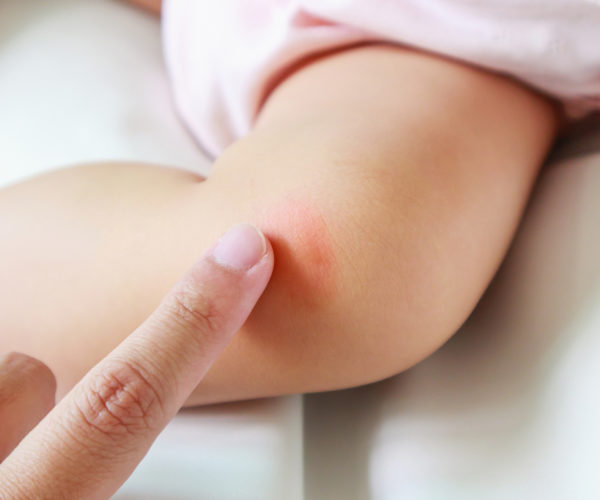Cellulitis is a skin infection that causes inflammation of the skin and the underlying tissues beneath it. It causes pain in your skin. This condition involves redness and makes the affected area swollen. It can also cause blisters resulting in pain and bleeding.
Causes of cellulitis
There may be several causes of cellulitis. The most common is a bacterial infection. The bacteria may infect the deep layers of the skin by tearing with small cuts. It does not spread from one person to another as this bacteria hits the deeper layers of skin. You are most likely to get cellulitis if you:
- Weak immune system
- Had cellulitis before
- Are unable to move freely
- Feel pain in legs and feet while walking
- Inject drugs
- Have wound from injury
Risk factors related to cellulitis
There are some risk factors associated with this condition. If left untreated then you are most likely to develop other harmful conditions at a later age. They include:
- Weak immune system
- Diabetes
- Chickenpox
- Shingles
- Swelling
How to know if the rash is cellulitis?
Some rashes may appear similar and follow the same formation pattern but it is important to identify the serious condition beforehand. Several tests need to be done to know the main cause. If there is too much redness, tenderness, and warmth around the affected area and it is getting bigger then it is suggested that you must immediately consult a doctor.
Treatment of cellulitis
For the treatment of mild cellulitis, antibiotics are prescribed by the doctor to relieve the pain. You can easily buy them from a mail order pharmacy like 90daymeds. It sells medicines like antibiotics and others at discounted prices. Most people are fully recovered after 7 to 10 days of the treatment.
What should be done to stop the relapse?
A low dosage of drugs is prescribed for the recurring cellulitis. You can increase your speedy recovery by following and incorporating some lifestyle changes like:
- Put your feet on the pillow or chair when you are sitting. It reduces swelling.
- Keep on moving the joint neat the affected part to prevent it from getting stiff
- Stay hydrated
- Do not wear compression stockings until you are fully recovered.
- Take paracetamol or ibuprofen to reduce the pain
- Keep the skin clean and moisturized by taking shower regularly.
- Use antiseptic soaps while taking bath. Also, antiseptic cream must be applied to the affected area to avoid its recurring.
- Prevent yourself from getting any bruises or cuts




